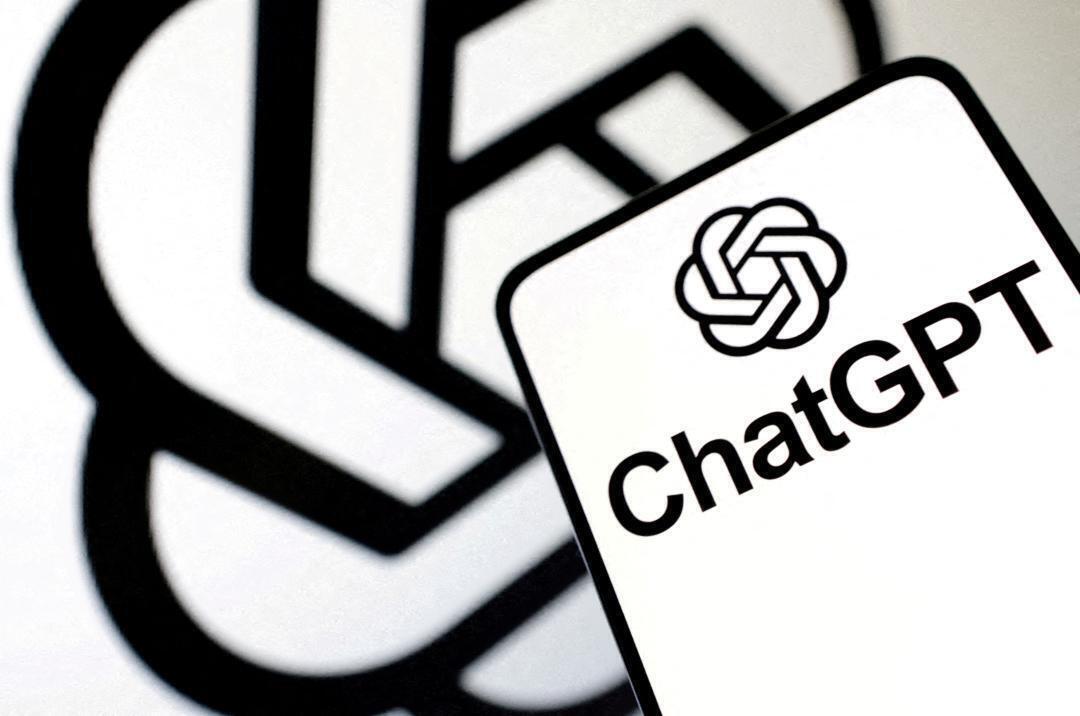
I Gave ChatGPT My Salary Details & It Fixed My Finances
In today’s fast-paced digital age, technology is constantly evolving, and it’s not uncommon to hear about artificial intelligence (AI) making a significant impact in various aspects of our lives. From virtual assistants to language translation tools, AI has become an integral part of our daily routines. However, a recent development has caught the attention of many – AI-powered chatbots, specifically ChatGPT, helping individuals manage their finances.
A US-based author and entrepreneur, Adrian Brambila, recently shared his remarkable experience of using ChatGPT to get his finances in order. According to Brambila, he was able to fix his finances with just seven prompts and no need for spreadsheets, budgeting apps, or financial advisors. His story is a testament to the power of AI in simplifying complex financial tasks, making it accessible to everyone.
The 50/30/20 Rule
Brambila credits ChatGPT for creating a zero-based budget based on the 50/30/20 rule. For those unfamiliar, this rule suggests allocating 50% of one’s income towards necessary expenses like rent, utilities, and groceries, 30% towards discretionary spending such as entertainment and hobbies, and 20% towards saving and debt repayment. This approach is designed to promote financial stability and balance.
What’s remarkable about Brambila’s experience is that ChatGPT created a budget that felt effortless and straightforward. He didn’t need to spend hours crunching numbers or deciphering financial jargon. Instead, he simply provided the necessary information, and the AI did the rest.
ChatGPT’s Financial Expertise
So, how did ChatGPT achieve this impressive feat? The answer lies in its advanced algorithms and machine learning capabilities. By analyzing data and patterns, ChatGPT can identify areas where individuals can optimize their spending and make informed decisions about their finances.
In Brambila’s case, ChatGPT took his salary details and, using the 50/30/20 rule, created a personalized budget that catered to his unique financial situation. The AI even considered factors like taxes, savings goals, and debt repayment, ensuring that Brambila’s financial plan was comprehensive and effective.
The Benefits of AI-Powered Financial Planning
Brambila’s experience with ChatGPT highlights the numerous benefits of AI-powered financial planning. For one, it eliminates the need for complex financial calculations, making it accessible to individuals who may not have a background in finance. Additionally, AI-powered tools can help identify areas where individuals can cut costs and make adjustments to optimize their spending.
Moreover, AI-powered financial planning can also help individuals set realistic financial goals and track their progress. By providing personalized recommendations and insights, AI-powered tools can empower individuals to take control of their finances and make informed decisions.
Conclusion
Adrian Brambila’s experience with ChatGPT is a testament to the potential of AI in simplifying complex financial tasks. By leveraging the power of AI, individuals can create personalized financial plans that cater to their unique needs and goals. Whether you’re looking to optimize your spending, pay off debt, or save for the future, AI-powered financial planning can be a valuable tool in achieving financial stability and success.
Source:






